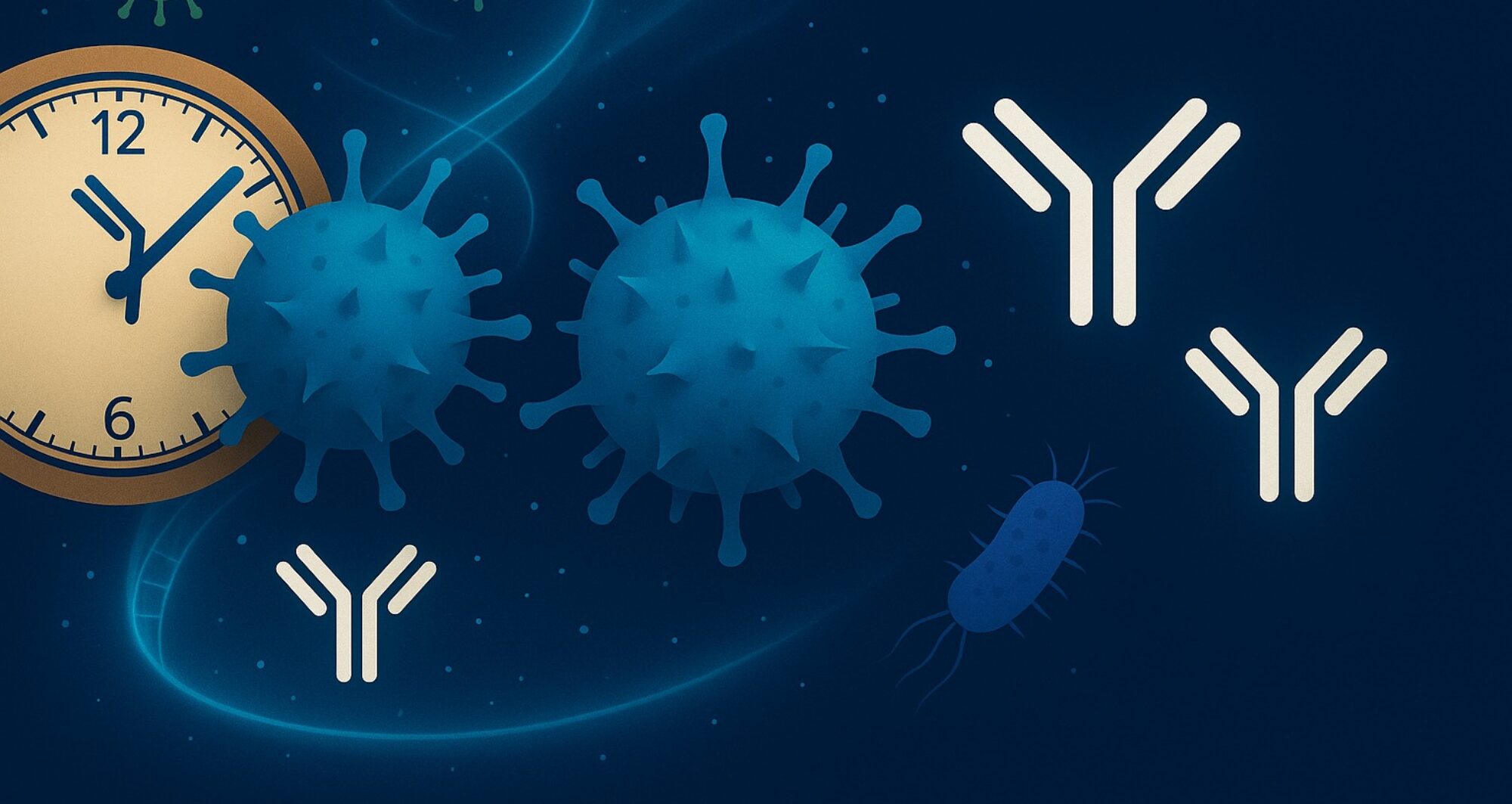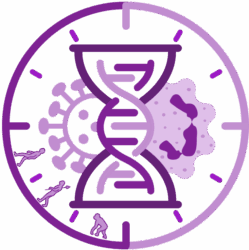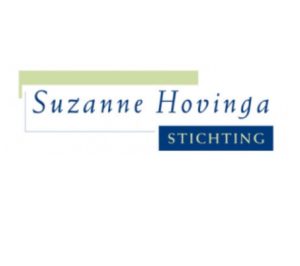Dr. Sangho Lim
Biography:
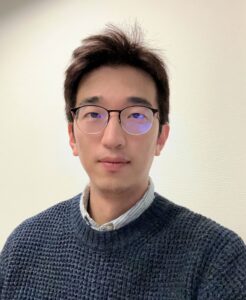 Dr. Sangho Lim is a postdoctoral researcher in the Clevers Group at the Hubrecht Institute and the Oncode Institute. His recent work led to the creation of long-term thymic epithelial cell (TEC) organoids derived from adult mouse thymus. These organoids can recapitulate key thymus cell subtypes (cortical and medullary TECs) and support T-cell maturation. Dr. Lim’s methods include using reporter cell lines built with CRISPR knock-ins to track TEC subtype identity. His work aims to provide better ex vivo platforms to study thymus biology, immune cell education, and potentially offer insights relevant for restoring or manipulating thymus function in disease settings.
Dr. Sangho Lim is a postdoctoral researcher in the Clevers Group at the Hubrecht Institute and the Oncode Institute. His recent work led to the creation of long-term thymic epithelial cell (TEC) organoids derived from adult mouse thymus. These organoids can recapitulate key thymus cell subtypes (cortical and medullary TECs) and support T-cell maturation. Dr. Lim’s methods include using reporter cell lines built with CRISPR knock-ins to track TEC subtype identity. His work aims to provide better ex vivo platforms to study thymus biology, immune cell education, and potentially offer insights relevant for restoring or manipulating thymus function in disease settings.
Mini Lecture: Reconstructing human mucosal and thymic immunity in vitro using organoid-based co-culture systems.
Organoid-immune cell co-culture systems offer a powerful platform to model human tissue-specific immunity in vitro. Using intestinal organoids, we modeled human microfold (M) cell differentiation and revealed its new immunological function by employing an M cell organoid-T cell co-culture model. RANKL and CSF2 induced M cell differentiation via a SPIB- and RUNX2-dependent program, and transcriptomic profiling showed that human M cells exhibit constitutive MHC class II expression and a dendritic cell-like transcriptional signature. Functionally, HLA-DQ2.5+ M cells processed and presented gluten peptides to CD4+ T cells, implicating their potential role in antigen-specific immune activation in diseases such as celiac disease. Extending this co-culture approach, we used MHC-II expressing thymic epithelial organoids with immature T cells to model early T cell development and selection. These organoid-immune cell platforms provide tractable systems to dissect epithelial-immune crosstalk and offer new avenues for studying mucosal immunity, central and peripheral tolerance, and immune-mediated pathologies.
Prof. Jeroen de Ridder
Biography:
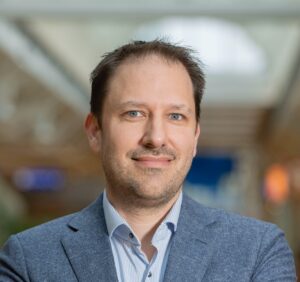 Prof. dr. ir. Jeroen de Ridder is Principal Investigator and Full Professor at the Center for Molecular Medicine, UMC Utrecht, and an Principal Investigator at the Oncode Institute. He has an engineering background (MSc in Electrical Engineering from Delft University of Technology) which underpins his interdisciplinary approach to complex disease profiles. His research centres on bioinformatics and AI, particularly on applying machine learning to improve diagnostics and translate findings from bench to bedside. He aims to develop next-generation diagnostics that better stratify patients, guide personalized treatments, and ultimately improve clinical outcomes. De Ridder is involved in collaborative efforts including the Oncode Accelerator, which seeks to bridge research innovations and clinical implementation. He has also co-founded a start-up (Cyclomics BV), contributes to bioinformatics infrastructure, and has held multiple career grants (Veni, Vidi, ERC Consolidator) reflecting his leadership in bringing computational methods into cancer and molecular medicine.
Prof. dr. ir. Jeroen de Ridder is Principal Investigator and Full Professor at the Center for Molecular Medicine, UMC Utrecht, and an Principal Investigator at the Oncode Institute. He has an engineering background (MSc in Electrical Engineering from Delft University of Technology) which underpins his interdisciplinary approach to complex disease profiles. His research centres on bioinformatics and AI, particularly on applying machine learning to improve diagnostics and translate findings from bench to bedside. He aims to develop next-generation diagnostics that better stratify patients, guide personalized treatments, and ultimately improve clinical outcomes. De Ridder is involved in collaborative efforts including the Oncode Accelerator, which seeks to bridge research innovations and clinical implementation. He has also co-founded a start-up (Cyclomics BV), contributes to bioinformatics infrastructure, and has held multiple career grants (Veni, Vidi, ERC Consolidator) reflecting his leadership in bringing computational methods into cancer and molecular medicine.
Mini Lecture: Ultra-fast deep-learned pediatric CNS tumor classification during surgery.
Molecular classification of tumor subtypes is essential for optimal treatment. For central nervous system (CNS) tumors, for instance, it is clear that tumor subtype should determine surgical strategy. However due to a lack of pre-operative tissue-based diagnostics, limited knowledge of the precise tumor type is available at the time of surgery. Using real-time nanopore sequencing, a sparse methylation profile can be directly obtained during surgery, making it ideally suited to enable intraoperative diagnostics. We developed a state-of-the-art neural-network approach called Sturgeon, to deliver trained models that are lightweight and universally applicable across patients and sequencing depths. We demonstrate our method to be accurate and fast enough to provide a correct diagnosis with as little as 20 to 40 minutes of sequencing data in 45 out of 49 pediatric samples, and inconclusive results in the other four. In four intraoperative cases we achieved a turnaround time of 60-90 minutes from sample biopsy to result; well in time to impact surgical decision making. We conclude that machine-learned diagnosis based on intraoperative sequencing can assist neurosurgical decision making, allowing neurological comorbidity to be avoided or preventing additional surgeries.
Prof. Irina Spacova
Biography:
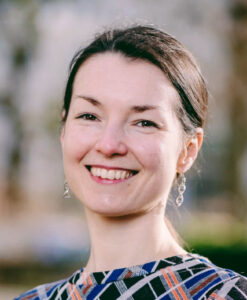 Prof. Irina Spacova leads a team working on how the urban and natural environment shape the human immune system, with a focus on the microbiome’s role in immune and viral diseases. Her lab explores diverse microorganisms at the interface of the environment and the human body, with aims to develop sustainable microbiome-based strategies to address urban health challenges. Her methodologies include citizen-science projects like BUGS (Benefits of Urban Green Spaces), clinical human studies, immunological and microbiological assays, bacterial isolate characterization, reporter cell lines, and fluorescence-based imaging techniques. The implications of her work span understanding how environmental exposure influences immune resilience, infection susceptibility, and potentially guiding interventions that harness microbiome ecology to improve public health in urban settings.
Prof. Irina Spacova leads a team working on how the urban and natural environment shape the human immune system, with a focus on the microbiome’s role in immune and viral diseases. Her lab explores diverse microorganisms at the interface of the environment and the human body, with aims to develop sustainable microbiome-based strategies to address urban health challenges. Her methodologies include citizen-science projects like BUGS (Benefits of Urban Green Spaces), clinical human studies, immunological and microbiological assays, bacterial isolate characterization, reporter cell lines, and fluorescence-based imaging techniques. The implications of her work span understanding how environmental exposure influences immune resilience, infection susceptibility, and potentially guiding interventions that harness microbiome ecology to improve public health in urban settings.
Mini Lecture: Addressing modern immune health challenges through the microbiome lens.
Urbanization is linked to a rise in immune disorders such as allergies and inflammatory conditions. The biodiversity hypothesis suggests this is due to reduced environmental microbial exposure among modern urban populations compared to the microbe-rich environments that shaped human immunity throughout our evolution. This talk examines modern immune health challenges and nature-based solutions through the microbiome lens, featuring the BUGS citizen science project on the microbial benefits of urban green spaces and the B@SEBALL project on green school environments and children’s health. It also explores specific microbiome-based biotechnological applications to enhance immune resilience in an increasingly urbanized world.
